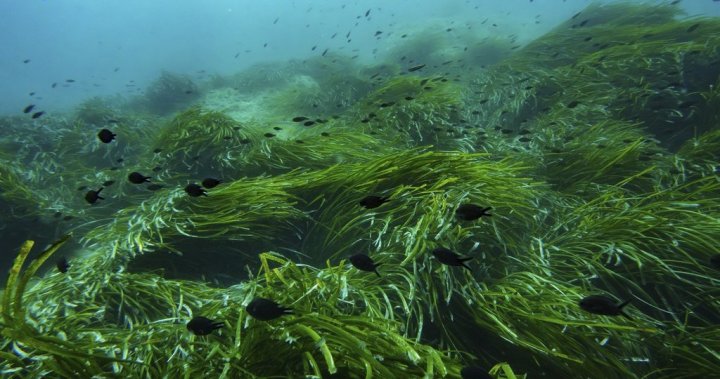In the shadow of mounting ecological crises, the 2024 UN Ocean Conference opened this week with unprecedented urgency, as delegates from over 190 nations gathered to address what many scientists now describe as an existential threat to marine ecosystems worldwide. The stark reality of our oceans—covering 70% of Earth’s surface but facing catastrophic decline—has finally pushed world leaders beyond rhetoric toward concrete action plans with measurable targets.
“We stand at a pivotal moment where words must transform into deeds,” declared UN Secretary-General António Guterres in his opening address. “The ocean’s health reflects our collective future, and its rapid deterioration demands not just concern but immediate, coordinated intervention.”
This year’s conference arrives amid troubling scientific findings. Recent studies from the International Panel on Climate Change (IPCC) indicate that oceans have absorbed approximately 90% of excess heat generated by greenhouse gas emissions since the 1970s, leading to catastrophic consequences including marine heatwaves, mass coral bleaching events, and escalating sea level rise that threatens coastal communities worldwide.
Canada’s delegation, led by Environment Minister Steven Guilbeault, unveiled an ambitious $125 million funding package aimed at expanding marine protected areas along Canadian coastlines while supporting Indigenous-led conservation initiatives. This commitment aligns with Canada’s broader environmental strategy to protect 30% of land and ocean territories by 2030.
“Indigenous knowledge systems have preserved marine ecosystems for millennia,” noted Guilbeault. “Our approach recognizes that true conservation must integrate traditional ecological knowledge with modern scientific understanding.”
The conference has marked a significant shift in how nations approach ocean governance. Rather than viewing marine protection as an environmental luxury, delegates have emphasized the economic imperative of healthy oceans. The global blue economy, valued at approximately $2.5 trillion annually, faces existential threats from biodiversity loss, pollution, and climate change impacts.
Small island developing states, disproportionately affected by ocean deterioration, delivered some of the conference’s most impassioned pleas. Maldives President Mohamed Muizzu called for immediate action beyond “elegant speeches and non-binding pledges” while proposing a global ocean protection fund financed by major carbon emitters.
“For nations like ours, ocean degradation isn’t about distant future scenarios—it’s about current survival,” Muizzu stated. “When your homeland might disappear within decades, patience for incremental approaches evaporates.”
Perhaps most notably, this year’s conference has introduced innovative financing mechanisms designed to transform ocean conservation. The newly established Blue Bond Initiative, backed by major financial institutions including the World Bank, aims to mobilize $25 billion toward sustainable ocean projects over the next five years. This represents a landmark shift in how environmental protection intersects with global finance.
Corporate presence at the conference has similarly evolved, with major fishing, shipping, and tourism industries acknowledging their responsibility in ocean stewardship. Several multinational corporations announced new commitments to eliminate plastic waste, reduce carbon emissions, and implement sustainable harvesting practices—though environmental watchdogs remain cautiously optimistic about enforcement mechanisms.
“The private sector’s engagement represents progress,” noted Dr. Sylvia Earle, renowned oceanographer and National Geographic explorer-in-residence. “But we must ensure these commitments translate to measurable improvements in ocean health, not merely serve as public relations exercises.”
As the conference progresses toward its conclusion later this week, delegates are working to finalize a comprehensive framework that includes standardized metrics for measuring marine protection effectiveness, accountability mechanisms for nations failing to meet commitments, and financial support structures for developing countries implementing conservation measures.
The scientific consensus remains clear: without dramatic intervention, ocean ecosystems face collapse within decades, threatening food security for billions, disrupting weather patterns worldwide, and accelerating climate feedback loops beyond human capacity to manage. Yet among the sobering statistics emerges cautious optimism that the political will for meaningful action may finally be materializing.
As delegates move from plenary sessions to working groups, the central question lingers: Will this conference finally bridge the gap between ambitious declarations and genuine implementation? Or will our oceans—and the communities dependent on them—continue paying the price for diplomatic hesitation?










